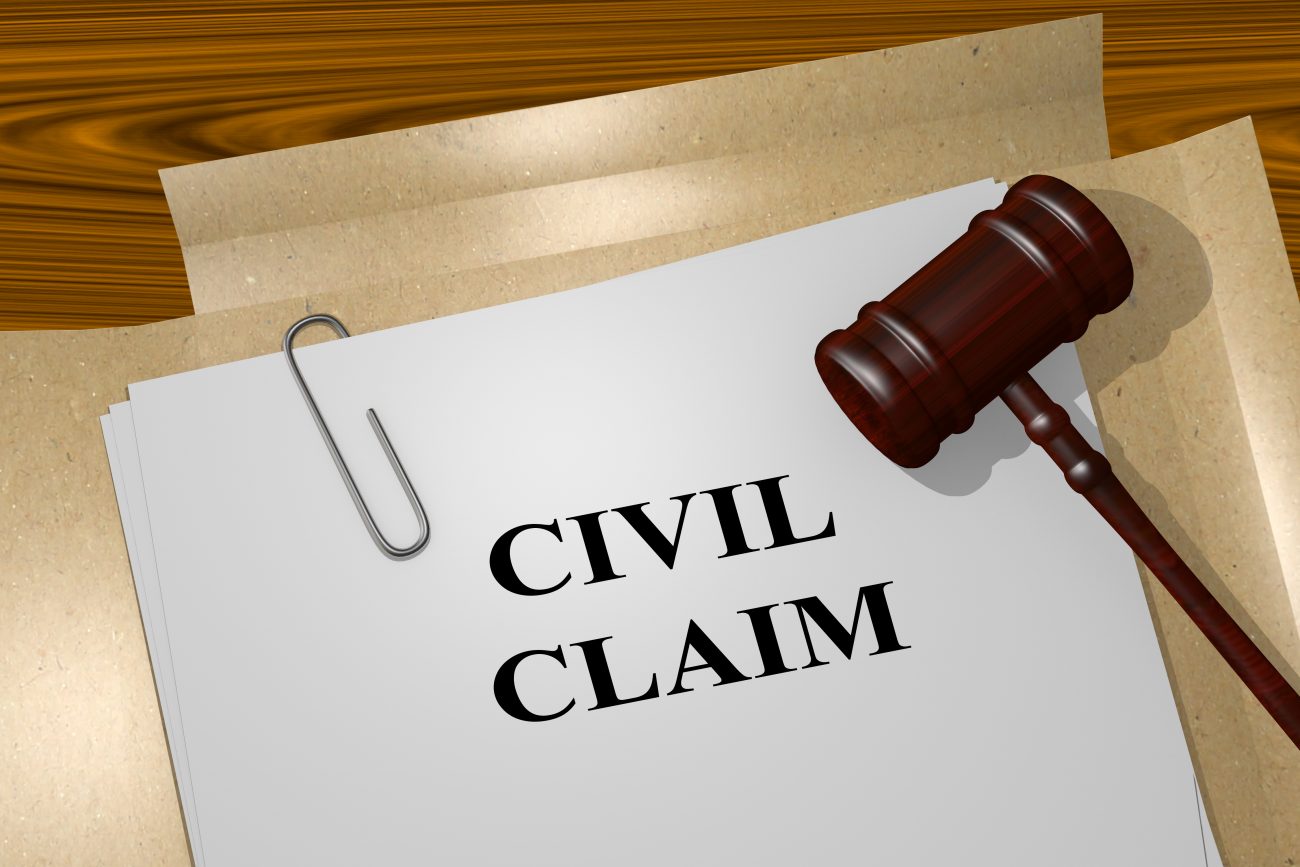Considering a civil litigation claim? Changes you need to know about.
Major changes to the way legal costs can be recovered at the end of civil litigation claims have been introduced from 1 October 2023.
Fixed recoverable costs (FCR) – the amount in legal costs the winning party can receive from the losing party – has been extended to apply to most claims with a value of up to £100,000.
This means that costs recovery is likely to be lower than under the previous system.
If you intend to bring or defend a civil litigation case, please contact our Disputes Team to find out how these new rules and limits could affect you and the implications for the costs of your case.
What is civil litigation?
Civil litigation covers issues where there is no criminal action involved and the problem needs to be resolved using civil law processes. This might be a dispute where damages or compensation are being sought for something like a property disagreement or a breach of contract.
What are the current Civil Procedure Rules on Costs Recovery?
From 1 October 2023, there are three tracks dealing with civil claims:
- The small claims track – covering claims up to £10,000, this does not allow the recovery of any legal costs.
- The fast track – covering claims between £10,000 and £25,000. The amount of costs recoverable for the final hearing has been limited for some time and the overall costs of the case must be proportionate to the amount which is in dispute and the complexity of the case.
- The multi-track claims track – covering claims over £25,000 with legal costs usually recoverable from the unsuccessful party.
What are the key changes?
The changes are extensive and quite complicated with the introduction of a new intermediate track plus four different ‘complexity’ levels or bands which further determine the amount of recoverable costs. There are also various exemptions, such as housing claims.
The new rules extend a fixed recoverable costs regime to the fast-track tier and to the new intermediate track.
The intermediate track – for which there will be no budgeting at the beginning of a claim nor detailed assessment at the end – is intended to provide a middle ground between fast track and multi-track cases.
Fixed recoverable costs will not apply to multi-track cases which will be for claims worth over £100,000.
What do the new complexity bands mean?
Once it’s been decided whether the claim is going down the fast track or intermediate track route, the court will assign the claim to one of the four new complexity bands.
The more complex the case, the higher the band. So, band one for the least complex cases and band four for the most complex.
The bands affect the level of fixed recoverable costs (FRC) that can be claimed with more complicated cases, such as those allocated to band four, having a higher level.
At Wards Solicitors, many of our typical cases will fall within Complexity band 4 of both tracks. Parties will be encouraged to agree on the complexity band.
What’s good about these changes?
One advantage is that the frequently cumbersome, expensive and time-consuming process of costs budgeting, or of costs assessment at the end of a case, will not apply to cases in the intermediate or fast tracks.
The amount of costs recoverable in the intermediate track will be known to both sides.
You will also know how much of your opponent’s costs you will face paying if you are not successful in defending or bringing a claim. Your opponent will also know how much of your costs they might have to pay if they lose.
What’s bad about these changes?
Fixed recoverable costs will limit your ability to recover costs from the opponent.
They do not however, limit the costs which your legal team charge for the work they must do to prepare your case in the best possible way to secure the best possible outcome.
This can sometimes be more than the amount of recoverable costs to successfully bring a case to trial or to settlement which will need to be considered.
What costs can I recover from the opponent if I win in the fast or intermediate tracks?
We will always keep you informed of the amount of recoverable costs applicable to your case, which may change as the case progresses through the Court system.
Recoverable costs include:
- Solicitors’ charges and some of your barrister’s fees
- Court fees and necessary expert witness charges in most cases.
It is also possible that you might get an increase, or uplift, in fixed recoverable costs in some circumstances if you take certain steps to settle your differences before going to court.
Get in touch
Wards Solicitors is recommended as a South West leading firm in the independent Legal 500 list for 2024 having received overwhelmingly positive testimonials from clients.
If you need help resolving a dispute, or want to know if these changes will affect your claim, please contact our specialist Dispute Resolution Team.


